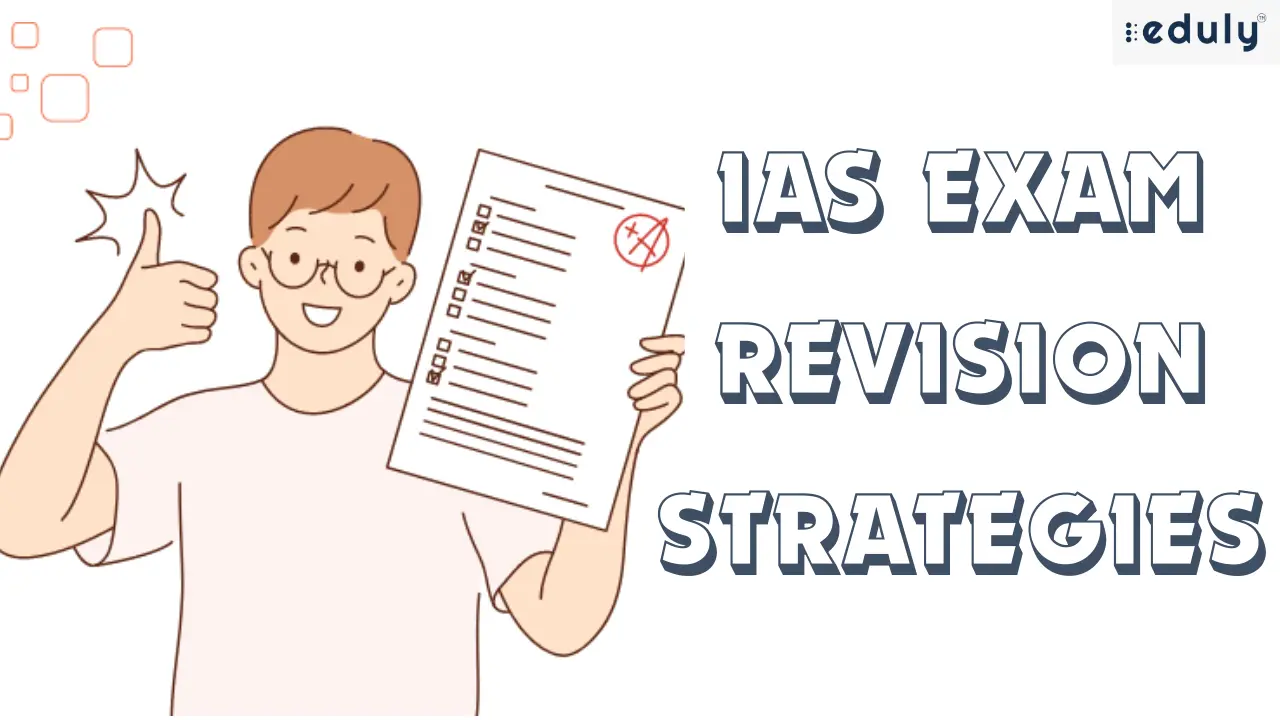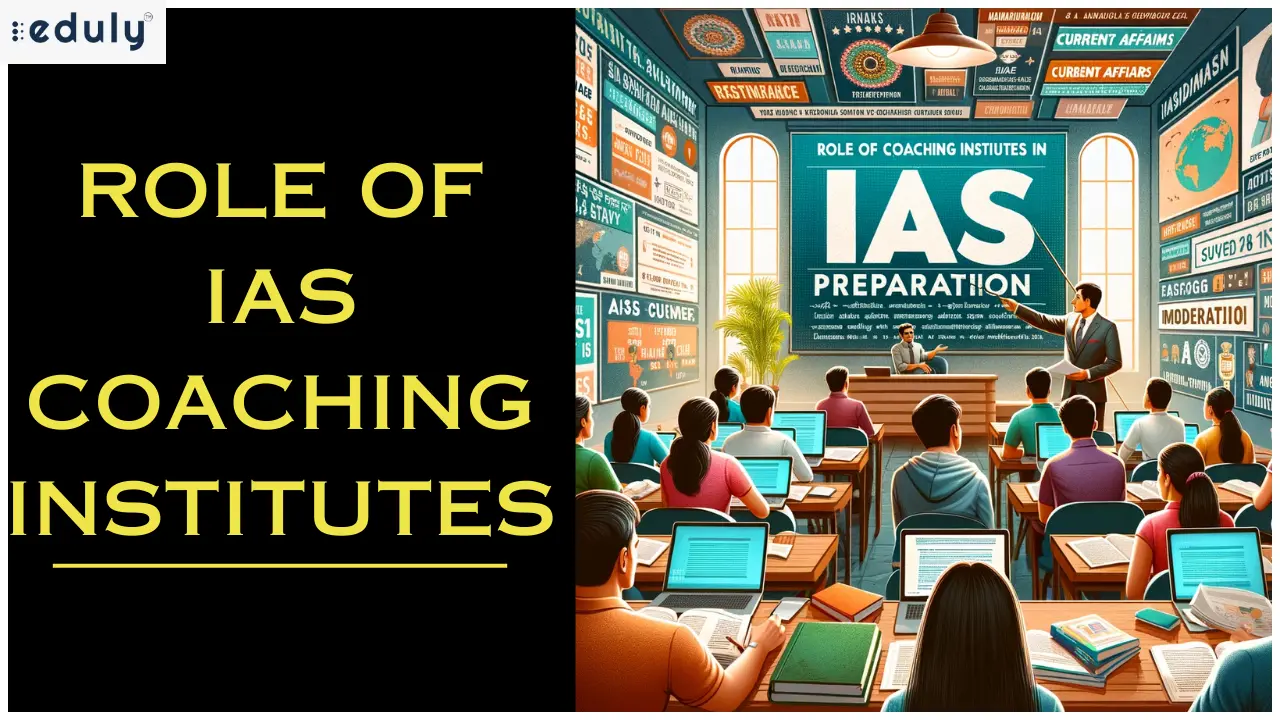Introduction
The real name of the IAS test, the Civil Services Examination, is administered by the Union Public Service Commission (UPSC). In order to improve on the test and understand the underlying ideas and principles, campaigners must start working with their compound. The first examination was conducted on May 28, 2023. September 15th is when the main exam will take place. If a candidate passes the primary, mains, and interview phases of the IAS test, they will be admitted to the Indian Civil Service.
Every time that has entered, the competition has gotten more intense. Similar essential components for this exam are a cure and an efficient plan for alteration. We’ll talk about how to properly rewrite for the UPSC IAS exam in this composition, which will help you get closer to success.
Understanding the IAS Exam Pattern and Syllabus
The UPSC examination pattern is broken into several stages that culminate in the selection of applicants for various civil service positions. The Prelims, Mains, and Interview exams follow this format. Every stage assesses various abilities, knowledge areas, and aptitudes to make sure candidates have a well-rounded profile for successful public service.
According to the official notification, the UPSC CSE Exam Pattern consists of two stages:
- Phase I: Civil Services (Prelims) Assessment
- Phase II: Civil Services (Main) Assessment
- Phase III: Interview
1. UPSC PRELIMS
There are two exams here.
- Paper on General Studies
- Paper II on General Studies (CSAT)
Only multiple-choice questions are asked on both exams. Negative marks are awarded for incorrect responses on both examinations. Click down to learn more about the UPSC prelim marking methodology and how to avoid receiving negative points.
You must receive at least a 33% on the qualifying CSAT paper. Your GS Paper I will not be assessed till after that. Accordingly, the merit rating (from the GS Paper I preliminary exam) for mains eligibility will be out of 200.
2. UPSC MAINS
When you pass the preliminary exam, you will be able to sit the UPSC mains exam. There are nine papers in all, all of them are descriptive.
The documents are:
- Paper A: 300 points for the modern Indian language.
- Paper B: 300 points for English.
- Paper 1: 250-mark essay.
- The candidate may choose to write this paper in a language of their choice or the exam language.
- Paper 2: First-year General Studies: 250 points.
- Subjects: Global History, Geography, and Indian Heritage and Culture.
- Paper 3: Exam Score: 250 for General Studies II.
- Discussion points include international relations, social justice, diplomacy, and governance.
- Paper 4: 3,250 points for General Studies.
- Themes: Disaster Management, Technology, Economic Development, Environment, and Biodiversity.
- Paper 5: 250 points for General Studies IV.
- Subjects: integrity, ethics, and aptitude.
- Paper 6: Optional Subject Paper 1, 250 marks.
- The candidate is not required to take literature at the graduation level to pursue it as an elective.
- Paper 7: Optional Subject paper 2, 250 marks.
- The English and Indian language qualifying exams do not weight the overall mains ranking calculation, and their marks are not included in the total. Therefore, the mains total is 1750 marks away.
3. Personality Test and Board Interview for UPSC
You will be invited to the interview when you pass the UPSC main exam. A panel of judges will evaluate your knowledge, attitude, aptitude, leadership qualities, communication skills, comprehension of a story or argument, reasoning ability, ability to distinguish between different points of view, awareness of and concern for socioeconomic issues, and breadth and depth of interests during the interview.
Setting Up a Revision Schedule
Make a thorough plan for your revision schedule. Give each subject and topic a distinct time window. To prevent ignoring any section, make sure that the subjects are balanced. It’s important to adhere to your timetable because this exam requires consistency.
Active Revision Techniques
- Knowledge Consolidation: Going over your notes again can help you make sure you comprehend everything. It facilitates long-term memory retention of the knowledge.
- Finding Your Weak Areas: Reviewing your work will help you determine which areas require additional practice and insight. This enables you to effectively concentrate your efforts.
- Better Recall: Reviewing frequently helps you remember concepts better during the exam, which lowers the chance that you’ll forget crucial concepts.
- Flashcards: This is a really powerful revising strategy. Flashcards are little cards or sheets of paper. These cards each have a prompt on one side and some information on the other. On the ready cards, the prompt side is facing up. Each card is chosen one at a time, and the individual must disclose the information on it.
Prioritizing Topics for Revision
Establish a priority list for the regions that require the greatest development. Keep your strengths in mind while concentrating on your shortcomings.
Reviewing your work will help you determine which areas require additional practice and insight. This enables you to effectively concentrate your efforts.
Find Best Coaching for IAS Near You
Integrating Mock Tests and Practice Papers
Include frequent practice exams in your revision schedule. The primary purpose of mock exams is to assess your subject-matter knowledge and comprehension. You can review your knowledge with the use of the test’s study zone or answer key. This will also assist you in efficiently allocating your time throughout the exam.
Effective Use of Study Material and Notes
Make sure your study materials are arranged properly before beginning the editing process. Sorting your notes, books, and reference materials according to subjects and topics is crucial. You’ll save a ton of time when revising because of this organization.
Update your notes with fresh details, data, and observations as you edit. This guarantees that the study materials you use are current and take into account any new advances.
Stress Management and Mental Well-being
Try to maintain your cool during the exam period through using stress-reduction techniques like yoga or meditation and maintaining an optimistic mindset.
Eating a balanced diet and exercising frequently are necessary for maintaining a healthy lifestyle. A higher level of physical fitness can improve mental clarity.
Remain optimistic and self-assured in your skills. Use relaxation or meditation strategies to manage your stress.
Time Management During Revision
- During revisions, keep track of your time and spend more on priorities that require it. At the last minute, try not to overburden yourself with information.
- Keep a time record as you revise, and devote more time to the most important tasks. At the last minute, try not to overload yourself with information.
- Utilize your time wisely and adhere to your revision timetable.
- During your study sessions, avoid putting things off and maintain concentration.
Leveraging Technology in Revision
- Utilize apps and internet resources created specifically for UPSC preparation. These can offer more instruction and experience.
- An important component of UPSC preparation is taking notes. For note-taking, organization, and cross-device syncing, Evernote, OneNote, and Google Keep are excellent mobile applications. You can rapidly view and edit your notes on the fly.
- You can follow ministries, experts in different sectors, and representatives of the government on social media sites like LinkedIn and Twitter. You can be informed of the most recent rules, regulations, and fashions. Additionally, networking with those who share your goals might lead to study partners and fresh perspectives.
- YouTube has become a potent educational resource. Numerous channels that give video lectures on a variety of topics are devoted to helping candidates prepare for the UPSC test. You can find a variety of learning tools on channels like Unacademy, Study IQ Education, and Drishti IAS, which frequently upload educational films on UPSC subjects.
Peer Learning and Group Study
- You can improve your comprehension of a subject by teaching and discussing it with others. If you find study groups helpful, consider joining one.
- Participate in group conversations with other candidates to learn diverse viewpoints and views on a range of subjects.
Seeking Expert Guidance
Engaging with other UPSC candidates creates a network of people who are sympathetic and aware of your struggles. Stress and feelings of loneliness can be reduced by exchanging strategies, encouragement, and experiences.
By engaging with people you will address many things which you don’t know about the exams. They will share their Strategies and ideas which you can use for your purpose. Taking guidance from a knowledgeable person can give a boost to your studies.
Final Tips and Motivation
- Maintain a positive mindset and practice stress-reduction techniques like yoga or meditation to stay composed throughout the exam period.
- Prioritize essential knowledge, key points, and fast review in the days before the test.
- Do not attempt to learn anything at all new.
Conclusion
The foundation of your UPSC CSE preparation is efficient revision. It turns the chore of your heart into achievement. Always keep in mind that there is no one-size-fits-all method for revision; instead, customize your plan to fit your interests and learning style.
Finally, maintain your consistency, patience, resolve, and persistence. Although passing the UPSC CSE is a difficult road, you can fulfill your desire to serve your country by following an efficient preparation plan and doing revisions.
Also Read




